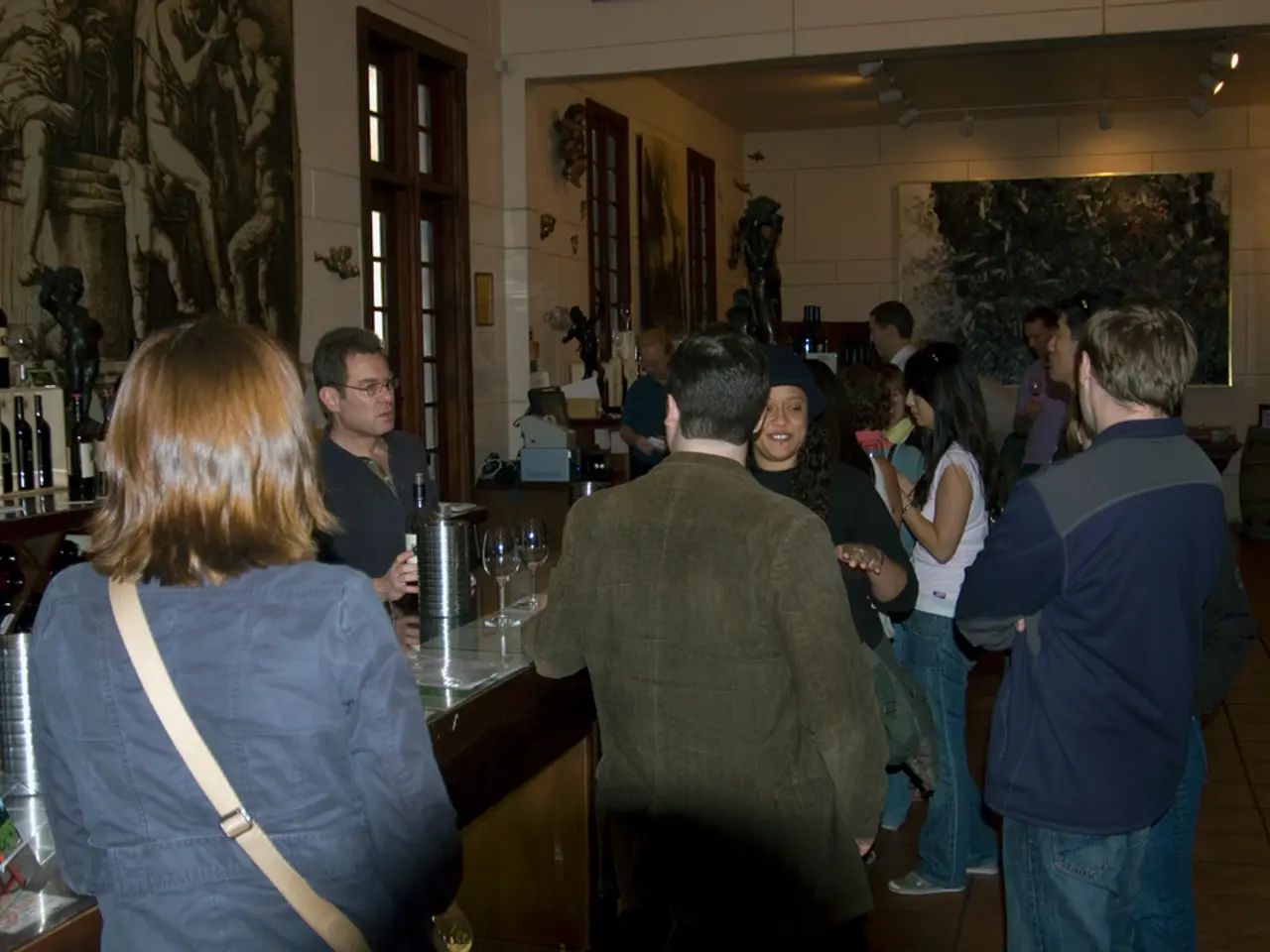Mastering the Craft of Bartending: Training, Essential Skills, and Professional Avenues
In the world of mixology and hospitality, a career as a bartender offers an exciting and dynamic path. To excel in this fast-paced industry, focus on four essential areas: formal training and certification, development of soft skills, gaining practical experience, and understanding legal requirements.
### Formal Training and Certification
Many jurisdictions mandate that bartenders acquire alcohol service certification, which covers local laws, legal responsibilities, and safety practices. For instance, in Texas, a certified alcohol safety training is essential, while in California, bartenders must complete the Responsible Beverage Service (RBS) training. These courses typically take 2 to 4 hours and cost around $8 to $20. Upon successful completion, you receive a certificate valid for about two years, demonstrating your legal compliance to serve alcohol. In Canada, certification is also regulated by provinces, with minimum age requirements and a completion certificate provided after passing the necessary coursework.
### Developing Soft Skills
Excellent soft skills are indispensable for bartenders, with customer service, communication, patience, conflict resolution, and multitasking being crucial. Being personable and interacting confidently with guests contributes to a positive customer experience and fosters return clientele. Handling tricky situations, such as refusals of service to intoxicated individuals, requires diplomacy and composure.
### Practical Experience
Hands-on experience is vital for acquiring the skills needed to thrive behind the bar. Working in real bar environments allows you to learn cocktail recipes and preparation techniques, improve speed and efficiency, and refine guest interaction and upselling skills. Many bartending schools offer hands-on training, but experience on the job builds confidence and competence.
### Legal Requirements
Understanding and complying with local and state alcohol laws is essential, including age restrictions for serving and licensing or certification requirements. Researching your area's specific laws helps avoid legal issues, especially when working private events or starting your own bartending business. Regularly renewing your certification ensures you stay updated on changes to laws and best practices.
By combining these elements – formal certified training, strong interpersonal skills, practical bar experience, and strict legal compliance – you can build a successful career as a professional bartender.
### Additional Tips
- Developing exceptional customer service skills is essential for creating a pleasant social environment and keeping customers happy. - Online mixology courses provide a flexible and convenient way to acquire bartending knowledge and stay updated with the latest trends. - A career in bartending can lead to various paths within the beverage industry, such as becoming a beverage director or transitioning into bar management roles. - Common bartender interview questions include handling drunk customers, knowledge of popular cocktails, and inventory management skills. - Obtaining a bartending license is crucial before serving alcohol professionally, including familiarizing oneself with the legal drinking age and alcohol server certification. - A confident bartending resume and a positive attitude can impress hiring managers. - Learning how to make classic cocktails like the martini, made with gin and vermouth, is essential. - The average bartender's salary varies depending on factors like location, experience, and the type of establishment. Bartenders generally earn an hourly wage, with tips being a significant part of their income. - Investing in inventory management software like RapidStock App can help optimize inventory tracking operations and make informed decisions about which drinks are most profitable.
- In addition to formal training and certification, developing exceptional customer service skills is essential for creating a pleasant social environment and keeping customers happy.
- Online mixology courses provide a flexible and convenient way to acquire bartending knowledge and stay updated with the latest trends.
- A career in bartending can lead to various paths within the beverage industry, such as becoming a beverage director or transitioning into bar management roles.
- Common bartender interview questions include handling drunk customers, knowledge of popular cocktails, and inventory management skills.
- Apart from focusing on bartending skills, investing in education-and-self-development, such as learning about finance, career-development, personal-growth, and learning, can enhance professional growth and overall efficiency.




